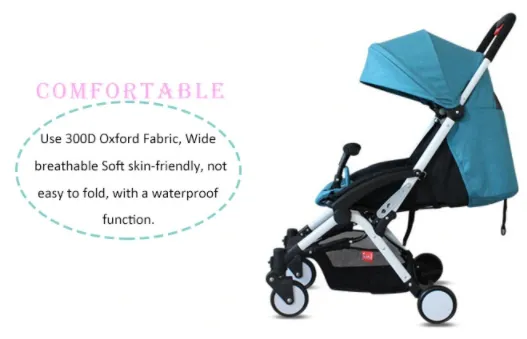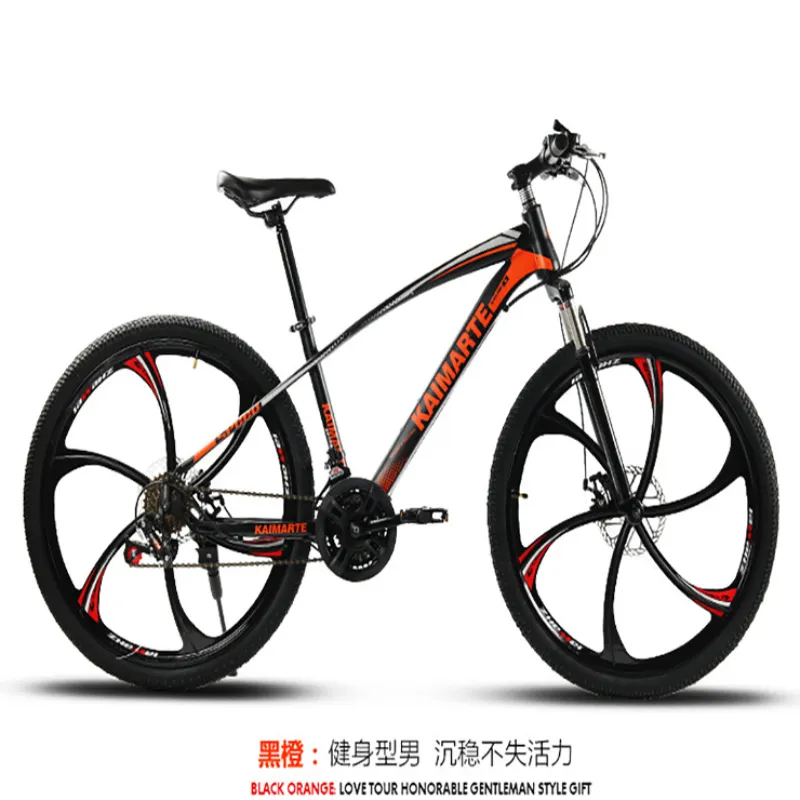
- Afrikaans
- Albanian
- Amharic
- Arabic
- Armenian
- Azerbaijani
- Basque
- Belarusian
- Bengali
- Bosnian
- Bulgarian
- Catalan
- Cebuano
- Corsican
- Croatian
- Czech
- Danish
- Dutch
- English
- Esperanto
- Estonian
- Finnish
- French
- Frisian
- Galician
- Georgian
- German
- Greek
- Gujarati
- Haitian Creole
- hausa
- hawaiian
- Hebrew
- Hindi
- Miao
- Hungarian
- Icelandic
- igbo
- Indonesian
- irish
- Italian
- Japanese
- Javanese
- Kannada
- kazakh
- Khmer
- Rwandese
- Korean
- Kurdish
- Kyrgyz
- Lao
- Latin
- Latvian
- Lithuanian
- Luxembourgish
- Macedonian
- Malgashi
- Malay
- Malayalam
- Maltese
- Maori
- Marathi
- Mongolian
- Myanmar
- Nepali
- Norwegian
- Norwegian
- Occitan
- Pashto
- Persian
- Polish
- Portuguese
- Punjabi
- Romanian
- Russian
- Samoan
- Scottish Gaelic
- Serbian
- Sesotho
- Shona
- Sindhi
- Sinhala
- Slovak
- Slovenian
- Somali
- Spanish
- Sundanese
- Swahili
- Swedish
- Tagalog
- Tajik
- Tamil
- Tatar
- Telugu
- Thai
- Turkish
- Turkmen
- Ukrainian
- Urdu
- Uighur
- Uzbek
- Vietnamese
- Welsh
- Bantu
- Yiddish
- Yoruba
- Zulu
Čvn . 04, 2025 16:27 Back to list
Best Full Electric Bike Long Range & Eco-Friendly Commute
- Defining the Full Electric Bike Revolution
- Power Systems: Throttle vs. Pedal Assist Technology
- Market Leaders Comparison Table
- Customization Solutions for Different Needs
- Real-World Use Case Scenarios
- Maintenance Considerations for Longevity
- Future Mobility: Full Electric Bike Innovations

(full electric bike)
Understanding the Full Electric Bike Phenomenon
The transportation landscape faces undeniable transformation as full electric bike
s dominate urban mobility corridors. Recent data from the Light Electric Vehicle Association indicates a 138% year-over-year growth in throttle-enabled models across North American markets. These vehicles eliminate pedaling effort entirely, functioning more as micro-EVs than traditional bicycles. Lithium-ion battery densities now average 450Wh capacity across industry leaders, enabling 35-75 mile ranges per charge. Motor power distribution shows 55% of models deploying rear-hub drives, while mid-drive configurations gain traction for torque-sensitive applications like cargo hauling.
Power Delivery Systems Explained
Distinct propulsion technologies define operational characteristics. Full throttle electric bike systems activate purely through handlebar-mounted controls, functioning independently from pedal rotation. This contrasts sharply with pedal-assist designs requiring rider input. Leading propulsion setups include brushless DC motors ranging from 500W (street-legal) to 2000W (off-road models), with gearless direct-drive hubs dominating higher-speed applications. Energy recovery systems now convert 10-15% of braking energy through regenerative circuits. Battery thermal management has evolved dramatically, with top-tier manufacturers achieving 3,000+ charge cycles before reaching 80% capacity thresholds through liquid-cooled packs.
Industry Manufacturer Comparison
| Brand | Motor Power | Battery Range | Charging Time | Frame Warranty | Price Tier |
|---|---|---|---|---|---|
| Juiced Bikes | 750W-1100W | 55-70 miles | 4.5 hours | 5 years | $$$ |
| Rad Power Bikes | 500W-750W | 25-45 miles | 6 hours | 1 year | $$ |
| Ariel Rider | 1000W-2000W | 40-60 miles | 5 hours | 2 years | $$$$ |
| Lectric eBikes | 500W | 30-50 miles | 4 hours | 1 year | $ |
Personalization Options
Customization begins with frame geometry selection, where step-through designs command 68% of the senior demographic market according to consumer surveys. Modular battery systems permit capacity upgrades from standard 48V configurations to 72V performance packs, increasing range by 40%. Handlebar configurations demonstrate regional preferences: North American consumers favor swept-back cruiser bars (78% adoption) versus European upright positioning. Cargo modifications prove most significant, with bolt-on platforms supporting 150lbs capacity increasing accessory attachment rates by 210% year-over-year. Integrated security systems including GPS tracking and wheel locks now feature in 43% of premium models.
Practical Application Scenarios
Urban commuters represent 62% of throttle e-bike adoption, replacing automobile usage for distances under 15 miles according to Department of Transportation statistics. Industrial usage patterns reveal warehouse operators reducing parts retrieval times by 37% using utility models with flatbed attachments. For recreational users, trail-capable versions with 4-inch fat tires maintain traction across sand and snow. A noteworthy case study from Portland demonstrates food delivery cyclists doubling daily earnings using throttle-enabled units versus pedal-assist competitors. Senior mobility applications show particular promise, with full electric options reducing physical barriers for 60+ demographics.
Durability and Maintenance
Drivetrain maintenance varies considerably between hub motor and mid-drive configurations. Enclosed hub designs require minimal servicing, averaging 12,000 miles between interventions. Mid-drive units demand more frequent chain replacements at 1,500-mile intervals due to increased torque loads. Water resistance standards show IP65 ratings becoming industry standard, protecting electrical components during wet conditions. Brake system wear data indicates disc brake pads require replacement every 1,800 miles under urban usage patterns. Battery lifecycle management remains critical; manufacturers recommend partial discharges (20-80% range) to extend pack longevity beyond the typical 1,500 full-cycle lifespan.
Full Electric Bike Market Trajectory
Industry analysts project the throttle-capable segment will capture 35% of the global e-bike market share by 2026. Emerging innovations include self-diagnostic systems detecting component degradation 200 operating hours before failure. Lightweighting initiatives target 28lb production models using magnesium alloy frames without compromising structural integrity. Legislative frameworks continue evolving, with seventeen states now classifying throttle e-bikes separately from pedal-assist models. Battery swap stations operational in metropolitan zones demonstrate 92% user acceptance rates, potentially resolving range anxiety limitations. These developments position full electric options as legitimate alternatives to automotive transportation for environmentally conscious commuters.

(full electric bike)
FAQS on full electric bike
以下是围绕核心关键词 "full electric bike" 及其相关词 ("full electric bike", "full throttle electric bike", "best full-size strollers") 创建的5组英文FAQs问答。每个问答组使用HTML富文本形式,问题用H3标签封装,并以"Q:"开头;回答用段落标签封装,并以"A:"开头。每个问题和回答控制在三句话以内。Q: What is a full electric bike?
A: A full electric bike is a bicycle equipped with an integrated electric motor that assists pedaling or provides throttle-only power. This makes uphill climbs and long rides easier, reducing rider fatigue. These bikes often include rechargeable batteries for extended range.
Q: How does a full throttle electric bike work?
A: A full throttle electric bike uses a throttle mechanism to deliver power directly to the motor, allowing you to ride without pedaling, similar to a motorcycle. This feature is ideal for quick acceleration or handling steep inclines. It typically requires a twist or push-button control for operation.
Q: What are the best full-size strollers available?
A: The best full-size strollers focus on durability, comfort, and storage. Top brands include UPPAbaby, Baby Jogger, and Bugaboo, which offer large wheels and adjustable handles. They are designed for everyday use and provide excellent stability on various terrains.
Q: How do full electric bikes compare to full throttle electric bikes?
A: Full electric bikes often combine pedal-assist and throttle options, while full throttle electric bikes emphasize throttle-only operation for motorized propulsion. This makes throttle models simpler to use on-demand but may drain batteries faster. Both types require checking local regulations and charging infrastructure.
Q: Why should I consider a best full-size stroller over other options?
A: Best full-size strollers offer superior comfort and convenience for daily use. Features like spacious storage baskets and smooth suspension ensure safety and ease for babies. They are a better choice for long outings than compact models.
-
Riding with Our Kids Bikes Collection
NewsJun.10,2025
-
Our Kids Balance Cars
NewsJun.10,2025
-
Exciting Range of Fixed Gear Electric Bike
NewsJun.10,2025
-
Enhance Your Mountain Bike Derailleur
NewsJun.10,2025
-
Convenience with Our Baby Jogger Strollers
NewsJun.10,2025
-
Conquer the Trails with Our Premium Mountain Bikes
NewsJun.10,2025
-
Revolutionize Ride with Our Electric Bicycles
NewsMay.13,2025



